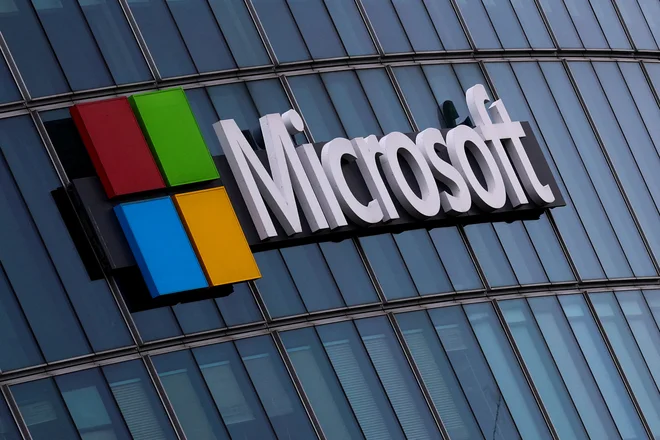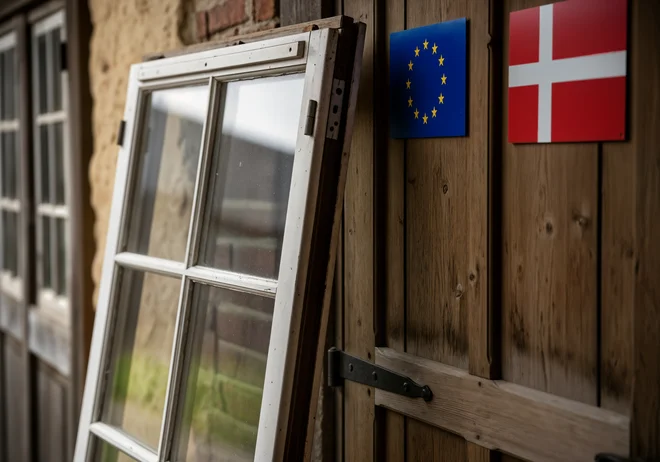Danish Microsoft window showed a door

In recent years, the term digital sovereignty has been increasing in the European Union. It not only describes the technical issue, but a broader strategic effort to maintain Europe as a whole the ability to decide independently in the digital world, otherwise controlled by American and Chinese technology giants. As cyber security expert wrote in his column for Forbes Dennis-hooks a sculptorit is the ability to decide freely without foreign interference. That this has become a political priority also shows a letter in which the leaders of Denmark, Germany, Finland and Estonia called on in 2021: « Now is the time for Europe to become digital sovereign. »
These efforts have been strengthened by the intertwining of geopolitical and legal factors. The World Economic Forum emphasizes that there are fundamental views on digital space management between the US, China and the EU – from the US model that relies on business self -regulation, to Chinese strict state control. Europe has chosen a third path that puts the regulation and protection of individuals’ rights at the center. The legal break, however, happened with the decision of the EU Court in the case of « Schrems II ». In practice, the decision meant that the transfer of personal data of European citizens to the United States is not necessarily safe from the control of US intelligence, making it legally risky to use US services in the cloud.
The efforts for digital sovereignty are the answer to the new geopolitical conditions in the world. Photo: Gonzalo Fuentes/Reuters
The latest and most concrete example of these efforts comes from Denmark. As reported by the portal Euractivthe Danish government, along with cities such as Copenhagen and Aarhus, has decided to gradually abandon Microsoft software. Instead of Windows operating system and Office office package, they introduce open source alternatives such as Linux and LibreOffice. The reason is not in the quality of Microsoft’s products, but in a strategic decision to reduce dependence on a single US provider and to protect against possible political pressures. The Danish example clearly illustrates how the abstract concept of sovereignty is transferred to concrete measures.
Today’s dependence of Europe is the result of business strategies from the past, especially from the 1990s, when companies in the spirit of globalization focused on external implementation of technological development. What seemed to be an effective cost reduction at the time has over the decades transformed into strategic dependence on foreign suppliers. The pandemic and geopolitical tensions of recent years have only sheds light on this situation and showed that the digital future requires a greater level of trust and regional resistance.

Denmark decided to move from Microsoft products to open source alternatives. Photo: UI work
The solutions developed today by Europe are therefore focused on restoring control. The use of open source software, such as Linux and LibreOffice, provides greater transparency and reduces dependence on a single business and its business policies. Another key approach is the development of the so -called « sovereign cloud », where data centers stand on European soil, and only European legislation is subject to their operation. In doing so, the data is protected from third countries’s legal framework. The Danish example is not an isolated event, but a wider shift that Europe adapts to the new geopolitical conditions and seeks to co -create its digital future more actively.






